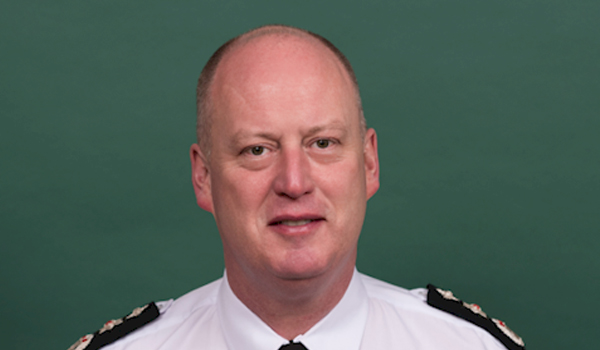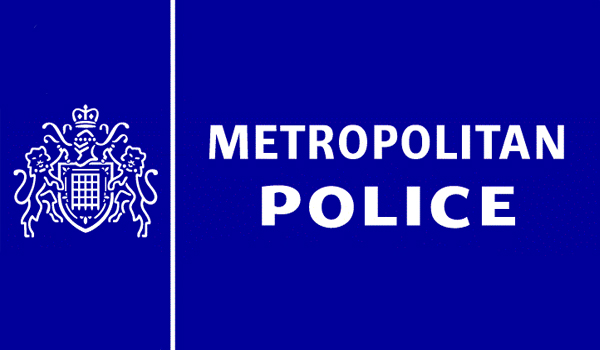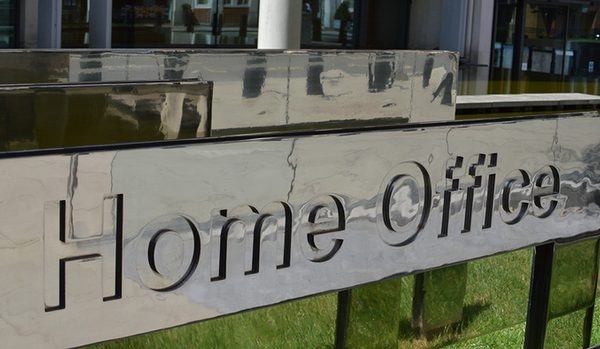Current approach to dealing with Troubles issues is not working, warns chief constable
Progress on Troubles-related issues is being threatened by the lack of a unified approach to deal with the past, the chief constable of the Police Service of Northern Ireland (PSNI) has warned.
George Hamilton believes continued accusations of collusion are damaging policing and could undermine efforts to address the legacy of Troubles killings if nothing is done to change it.
Addressing a conference at Queen’s University in Belfast, he also claimed the current approach is not working, with police and other criminal justice bodies under-resourced and wrongly set up to deal with legacy issues.
While the chief constable recognised that mistakes were made by officers in the Royal Ulster Constabulary, he pointed out that some individuals’ need to prove police worked with paramilitaries is undermining attempts to heal and overcome.
His comments come after the Government launched a consultation on new measures to help society understand the violence of the period.
Mr Hamilton said: “The problem is that 20 years on from the agreement that brought peace to this part of the world, we still have no agreed, holistic structure for dealing with the past.
“The absence of a holistic approach has left a landscape of legal processes to address the pain caused by our troubled history.
“And amid this confused landscape, there is a constant sapping of public confidence in present day policing. In particular, the constant adversarial debate on the ill-defined term of collusion maligns an entire organisation with malevolent intent and fails to tell the broader story of policing in the past.”
Around 3,500 people lost their lives during the Troubles.
Since then, the PSNI has been repeatedly accused of colluding with paramilitaries, including in the 1994 Loughinisland murders that killed six civilians and left five more wounded.
However, Mr Hamilton believes the continued use of this ill-defined term ignores the PSNI’s progress and undermines public confidence in policing.
At the event held by theVictims & Dealing with the Past project on Monday (May 14), he acknowledged the lack of a regulatory framework during the Troubles led to officers who were tasked with handling agents being left to set their own standards.
He also pledged that there should be no hiding place for “anyone who broke the law or acted with criminal intent”, regardless of whether they were a police officer or in a paramilitary group.
However, Prime Minister Theresa May recently called the current system for dealing with historical inquiries “patently unfair” as she claimed only armed forces and law enforcement personnel were being investigated.
Mr Hamilton warned the comments during the House of Commons debate were “dangerously over-simplified” as paramilitaries are also being investigated.
Figures released by the PSNI last year found 70 per cent of investigations into Troubles-related killings do not involve security forces.
Last week, the force claimed these figures have not changed drastically since their publication.
A statute of limitations to protect military personnel from potential prosecution was recently left out of the Government’s consultation on legacy issues.
Addressing the event, Mr Hamilton also criticised media coverage of Troubles issues for a lack of sensitivity.
He said on some occasions, “the hunt for media headlines and the necessary editing to fit programme time slots can mean that this complex issue is dealt with insensitively or indeed inaccurately”.
“I know there have been times when I have been frustrated by headlines resulting from comments I have made as chief which have been reported without context and will have therefore unnecessarily caused hurt,” Mr Hamilton added.







